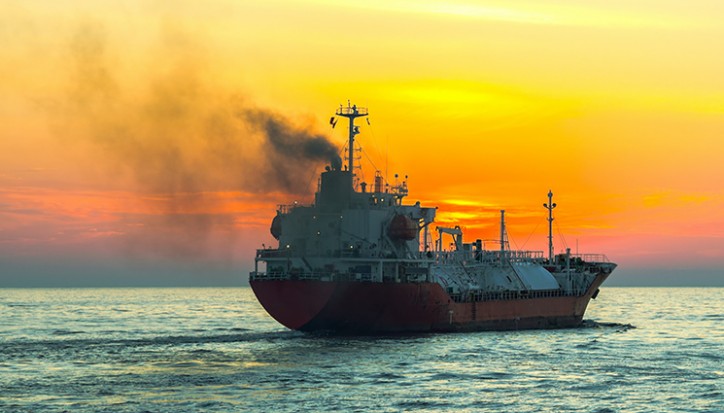 New regulations regarding biofuel carriage stipulated by IMO might result in a product tanker shortage for carrying the cargo if shipowners are unable to comply with the stated requirements, as commented by an environmental consultancy.
New regulations regarding biofuel carriage stipulated by IMO might result in a product tanker shortage for carrying the cargo if shipowners are unable to comply with the stated requirements, as commented by an environmental consultancy.
The oil discharge monitoring equipment of most current ships isn’t calibrated to manage biofuel, as reported by Rivertrace Engineering. Given the fact that there are less than six months remaining for companies to bring their respective systems up to date, the outcome doesn’t look very pleasant.
The amendments to IMO Resolution MEPC.108(49) are going to become effective on January 1st, next year, after which all ships that are not equipped with the type-approved systems are not going to be eligible for transporting biofuels as well as blends of biofuel and oil products in general.
“Recently, we carried out a spot survey regarding tanker owners and we determined that the majority of them are not acquainted with the all new regulations,” commented Mike Coomber, Rivertrace Engineering managing director.
“A large number of operators are just sleep-walking right into a situation that will contribute for lowering their vessels’ employment opportunities.”
According to Rivertrace, the problem will most probably affect a significant part of the global 2,600-product-tanker fleet. The exact number of ships with equipment that is to be soon labeled as outdated remains unknown.
“In regard to straightforward upgrades, most likely all that is going to be required is the replacing of the measuring cell and installing a new circuit board. This work can easily be carried out at sea, and keeping in mind travel time, it is to cost around USD 10-12,000. When it comes to pre-2005 vessels, however, you are going to basically have to start over again. This could translate into all new monitoring equipment, 7-10 days of sailing for installing it, and expenditures in the amount of USD 30-40,000,” Coomber commented.
The problem also becomes more complicated due to the fact that just 5 international equipment companies have the necessary capability of providing system upgrades to ships.
There is also a limitation in relation to the personnel capable of fitting the new systems, and it may turn out be quite a troublesome process, logistically speaking, to get the said personnel on the ship for them to fit the systems before the vessels depart from port.